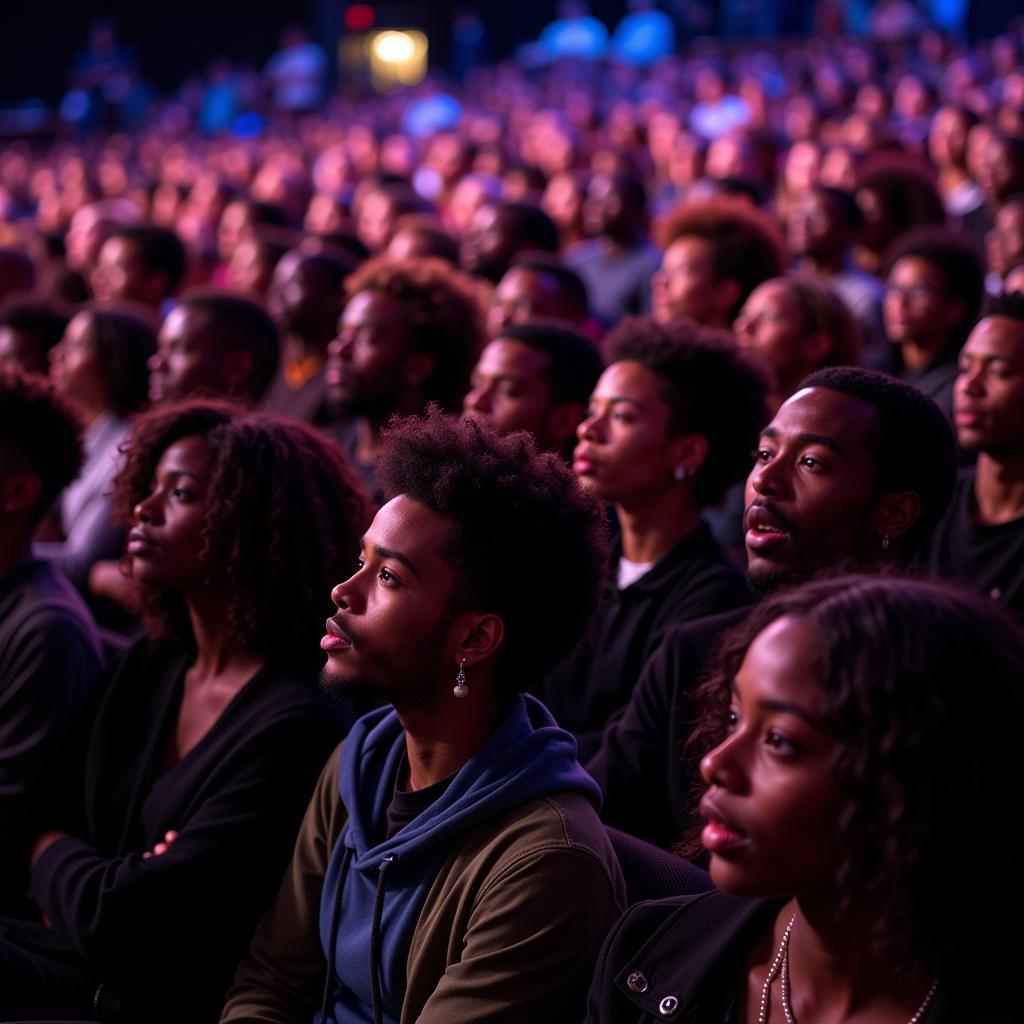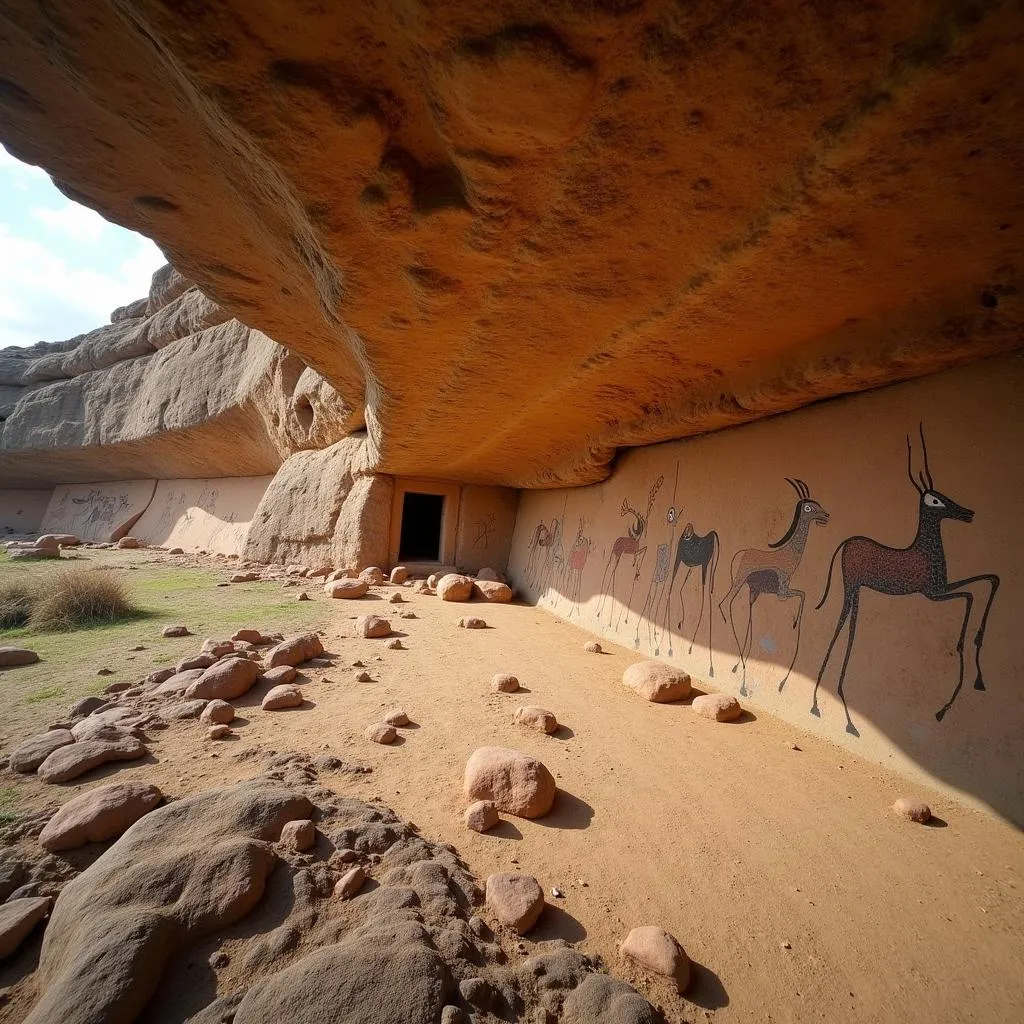The Enduring Strength of African Family Values
African Family Values are the cornerstone of life for millions across the continent. These values, passed down through generations, shape individuals, communities, and societies. While diverse and multifaceted, certain core principles resonate across many African cultures, painting a vibrant tapestry of love, respect, and communal harmony.
The Power of Extended Family in African Culture
One of the most defining aspects of African family values is the emphasis on extended family. Unlike many Western societies that prioritize the nuclear family, African cultures often view aunts, uncles, cousins, and grandparents as integral members of the immediate family unit. This strong kinship network provides a robust support system, offering emotional, financial, and social security.
This interconnectedness fosters a deep sense of belonging and shared responsibility. Children grow up surrounded by numerous role models and caregivers, learning valuable life lessons from their elders. The concept of “it takes a village to raise a child” is deeply ingrained in the fabric of African societies.
Respect for Elders: A Cornerstone of African Family Values
Respect for elders is paramount in African cultures. Elders are not just respected for their age but also for their wisdom, experience, and role as custodians of tradition. They are consulted on important family matters, and their opinions carry significant weight. This reverence for elders ensures the preservation of cultural heritage and promotes intergenerational harmony.
Community Before Individualism: Ubuntu in Action
The spirit of “Ubuntu” – a Nguni Bantu term emphasizing interconnectedness and humanity – is central to many African cultures. Ubuntu promotes the idea that “I am because we are,” emphasizing the importance of community well-being over individual desires. This philosophy fosters a strong sense of social responsibility, encouraging individuals to contribute to the collective good.
This emphasis on community is reflected in various aspects of daily life, from communal farming practices to shared celebrations and ceremonies. It reinforces the belief that individual success is intertwined with the well-being of the entire community.
Challenges and Changes: Navigating Modernity
While African family values remain strong, they face challenges in a rapidly globalizing world. Urbanization, migration, and the influence of Western cultures are impacting traditional family structures. However, the core values of love, respect, community, and responsibility continue to guide many African families as they navigate these changes.
The adaptability and resilience of African family values are a testament to their enduring strength. By embracing their heritage while adapting to the demands of modernity, African families are ensuring the preservation of their rich cultural legacy for generations to come.
FAQs about African Family Values
1. What is the role of women in African families?
Women play a vital role in African families, often taking on responsibilities as mothers, caregivers, and community leaders. While societal norms vary across different cultures, women are generally respected for their strength, resilience, and contributions to family life.
2. How do African families view marriage?
Marriage is highly valued in many African cultures, often seen as a union of two families rather than just two individuals. It is a significant social event, celebrated with elaborate ceremonies and traditions.
3. What are some common misconceptions about African family values?
One common misconception is that all African cultures are homogenous. In reality, Africa is a diverse continent with a wide range of cultural practices and family structures. It’s important to avoid generalizations and appreciate the nuances of different African societies.
Further Exploration of African Culture
To learn more about the richness and diversity of African culture, explore these related articles:
Need help connecting with your African heritage?
Contact us at:
Phone Number: +255768904061
Email: [email protected]
Address: Mbarali DC Mawindi, Kangaga, Tanzania.
Our dedicated team is available 24/7 to assist you.

